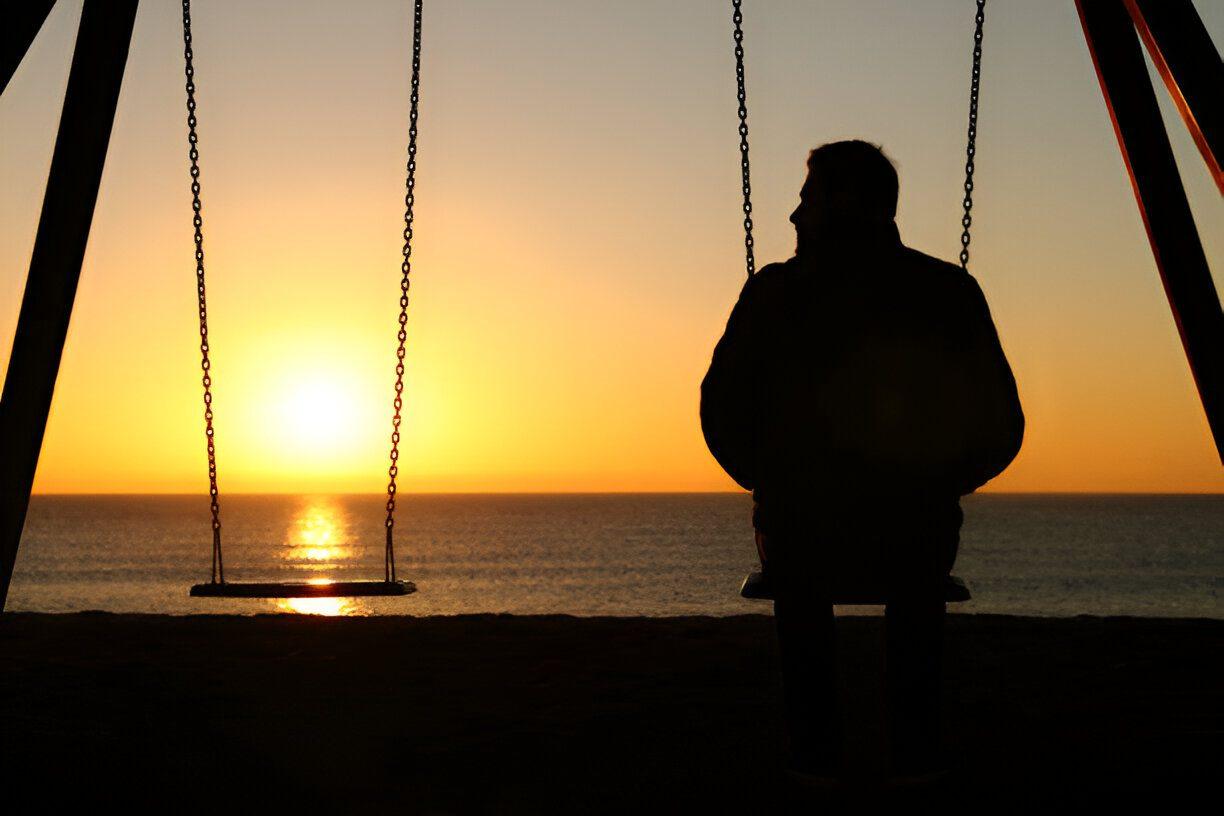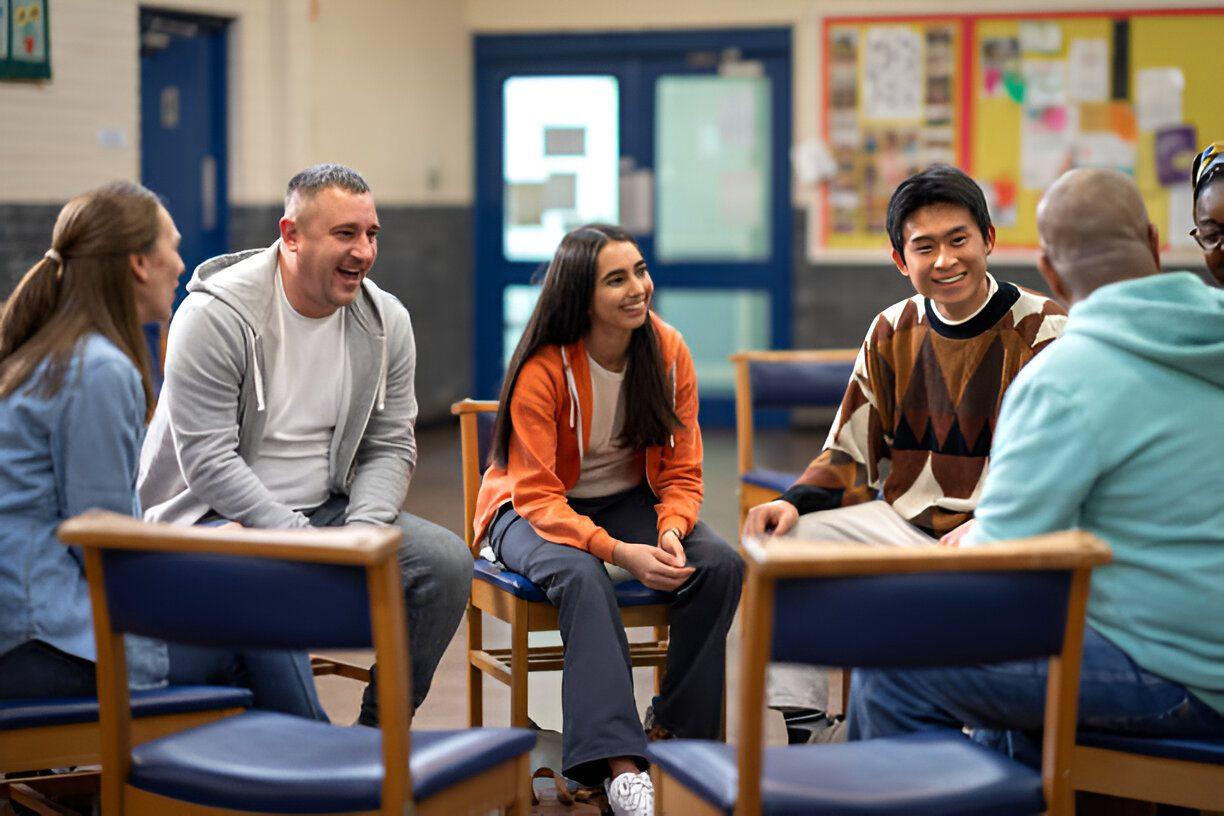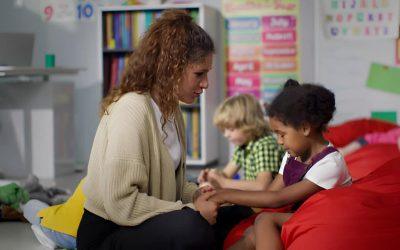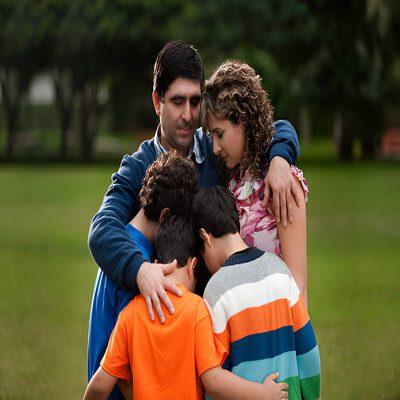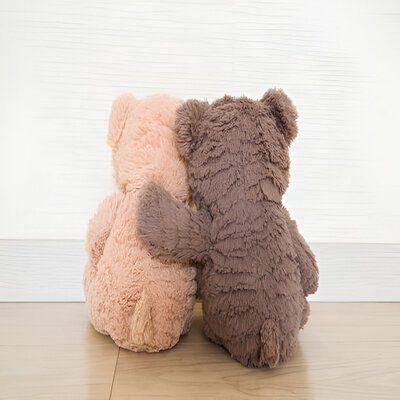Where Every Joke and Secret Once Lived
Best friends shape our stories in countless ways—giving us shared jokes, heartfelt confessions, and unwavering support. When that friendship ends or a dear friend passes on, the world can suddenly feel quieter, emptier. This article explores healing strategies and reflection points to honor that irreplaceable bond.
“Losing my best friend felt like losing part of my identity. But in remembering our laughs and dreams, I found a path forward.”
A Light Gone Dim

Grieving the Loss of a Best Friend
The loss of a best friend is a unique and profound sorrow. Whether due to death, distance, or the end of the friendship, the pain goes beyond missing the person; it involves grieving the shared history, mutual understanding, and the role they played in shaping your life. This guide explores ways to navigate the grieving process and find healing while honoring the bond that meant so much.
Social Aspects of Grieving
- Express Your Needs: Let those around you know how they can support you—whether it’s through company, shared silence, or reminiscing about your friend.
- Seek Community: Join a support group or connect with others who have experienced a similar loss. Shared understanding can lessen the isolation of grief.
- Navigate Mutual Relationships: If the friendship ended or if your friend moved, interacting with mutual friends can be complicated. Honest communication and clear boundaries can help you manage these dynamics.
Long-Term Healing
- Acceptance: Over time, aim to accept the reality of life without your best friend. Acceptance doesn’t mean forgetting but integrating the loss into your ongoing life story.
- Forgiveness: If the friendship ended on difficult terms, forgiveness—whether for them, yourself, or both—can bring closure and peace.
- Opening Up to New Connections: When ready, allow space for new friendships. It’s not about replacing your best friend but embracing new sources of love and connection.
- Celebrate Their Legacy: Find ways to keep their spirit alive in your life. Share stories, celebrate their birthday, or pursue a shared dream. Their impact can continue to shape your world positively.
Understanding the Depth of the Loss
- Shared Identity: Best friends often become intertwined with who we are. They’re in our stories, habits, and dreams. Losing them can feel like losing part of ourselves.
- Grief’s Complexity: Depending on the nature of the loss—death, a move, or a falling out—grief may come with finality, unresolved feelings, or lingering hope for reconciliation.
- Emotional Layers: You might feel sadness, loneliness, guilt, or even anger. All these feelings are valid and normal in processing such a profound loss.
Practical Steps in Grieving
- Adjust Daily Life: Life without your best friend might mean reworking routines that included them. Establishing new habits can provide structure during an uncertain time.
- Reconnect with Others: It’s natural to withdraw, but leaning on family or other friends can remind you of the love and connection still present in your life.
- Physical Reminders: Decide how to handle items tied to your friendship. Keep some as cherished mementos while allowing yourself to part with others if they bring too much pain.
“Friendship leaves echoes in our hearts, guiding us long after goodbyes.”
— Hannah T.
Navigating the Emotional Terrain
- Allow Grief Its Space: Give yourself permission to mourn without timelines. The depth of the bond may mean the grief feels unrelenting at times, but that’s a testament to the love shared.
- Honor Their Memory: If your friend has passed, create meaningful rituals—light a candle, visit a place they loved, or engage in an activity that reminds you of them. These acts can keep their presence alive in your heart.
- Express the Pain: Journaling, creating art, or sharing memories with others can be powerful ways to process your grief. Writing a letter to your friend, even if they’ll never read it, can bring catharsis.
Psychological Healing
- Rediscover Yourself: Without your best friend, you might feel unmoored. Take this time to reconnect with who you are independently and explore parts of yourself that may have been overshadowed.
- Therapeutic Support: If grief feels overwhelming, seeking professional help can provide tools to manage complex emotions like guilt, unresolved conflict, or deep loneliness.
- Reflect on the Friendship: What did your friendship teach you? How did it shape your understanding of love, trust, or joy? Reflecting can bring clarity and gratitude amid sorrow.
Things To Try This Week!
- Create a Small Tribute: Pick one thing your friend loved—like a favorite song, recipe, or book—and honor them by revisiting it. Let the memories flow naturally.
- Practice Gradual Social Engagement: If isolation has crept in, start with short, low-pressure interactions. A walk with a neighbor or a casual coffee can remind you of supportive connections.
- Write a “Memory Letter”: Pen a letter to your best friend, detailing a favorite time you shared, the ways they changed your life, and any lingering thoughts you wish you could share.
Conclusion
Grieving the loss of a best friend is a deeply personal process. It’s about mourning their absence while cherishing the memories, love, and lessons they left behind. Over time, the ache of loss may evolve into a bittersweet appreciation for the friendship that enriched your life. Healing doesn’t mean leaving the past behind but carrying it with you, transforming pain into a source of strength and connection as you move forward.
Even as you come to terms with the absence of a best friend, their influence endures.
In our cherish section, you’ll find gentle ways to remember, honor, and celebrate the impact they had on your life—keepsakes, supportive ideas, and reflective prompts that hold space for their legacy while helping you heal.
Friends & Community: Holding Onto the Bonds That Shape Us
Friendships connect us in life-changing ways, and losing those connections can leave us seeking new footing. Here, explore resources and reflections that validate your grief, offer comfort, and honor the unique imprint of a cherished friend.
More Reflections, More Growth
Loss is complex, and the road to healing is different for everyone. These reflections offer insight, support, and guidance as you navigate this journey.
When a Friend’s Loss Becomes Your Grief
When a friend’s loss becomes your grief, it’s a testament to the depth of your connection. Learn how to navigate empathy-driven sorrow, support your friend, and manage your own emotions.
Carrying the Torch: Honoring the Loss of a Community Leader
The passing of a community leader leaves a void in the heart of the community. Learn how to honor their memory, celebrate their contributions, and ensure their legacy inspires future generations.
Carrying Their Light: Honoring the Loss of a Beloved Teacher or Mentor
The loss of a beloved teacher or mentor ripples through individuals and communities alike. Learn how to navigate this grief, honor their legacy, and ensure their influence continues to inspire future generations.
How Friendships Can Help Heal After Loss: Support and Recovery
Friendships offer emotional support, shared memories, and companionship that are invaluable during grief. Learn how the power of connection can guide you through healing after loss.
Supporting Grieving Students in the Classroom: A Teacher’s Guide
Grief in young students often appears as confusion, withdrawal, or even unexpected bursts of emotion. Teachers, as pillars of stability, can make a profound difference. This guide offers practical strategies, heartfelt insights, and tools to create a compassionate classroom where grieving children feel supported and understood.”
Explore Journeys of Healing and Solace:
Discover dedicated spaces that offer understanding, guidance, and connection through grief. From the loss of loved ones to life’s challenging transitions, each category provides a pathway to reflect, connect, and find peace in shared experiences.

